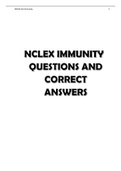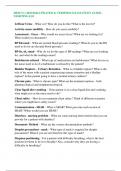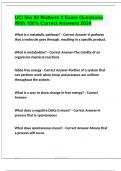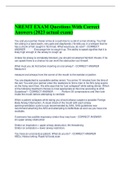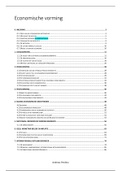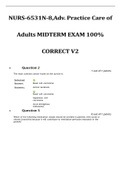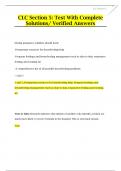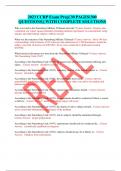Resume
Britse Cultuur samenvatting Identities and the Four Nations
- Cours
- Britse Cultuur
- Établissement
- Katholieke Universiteit Leuven (KU Leuven)
In dit document vind je alles van 'Identities and the Four Nations' tot Education and Media in the UK'.
[Montrer plus]




